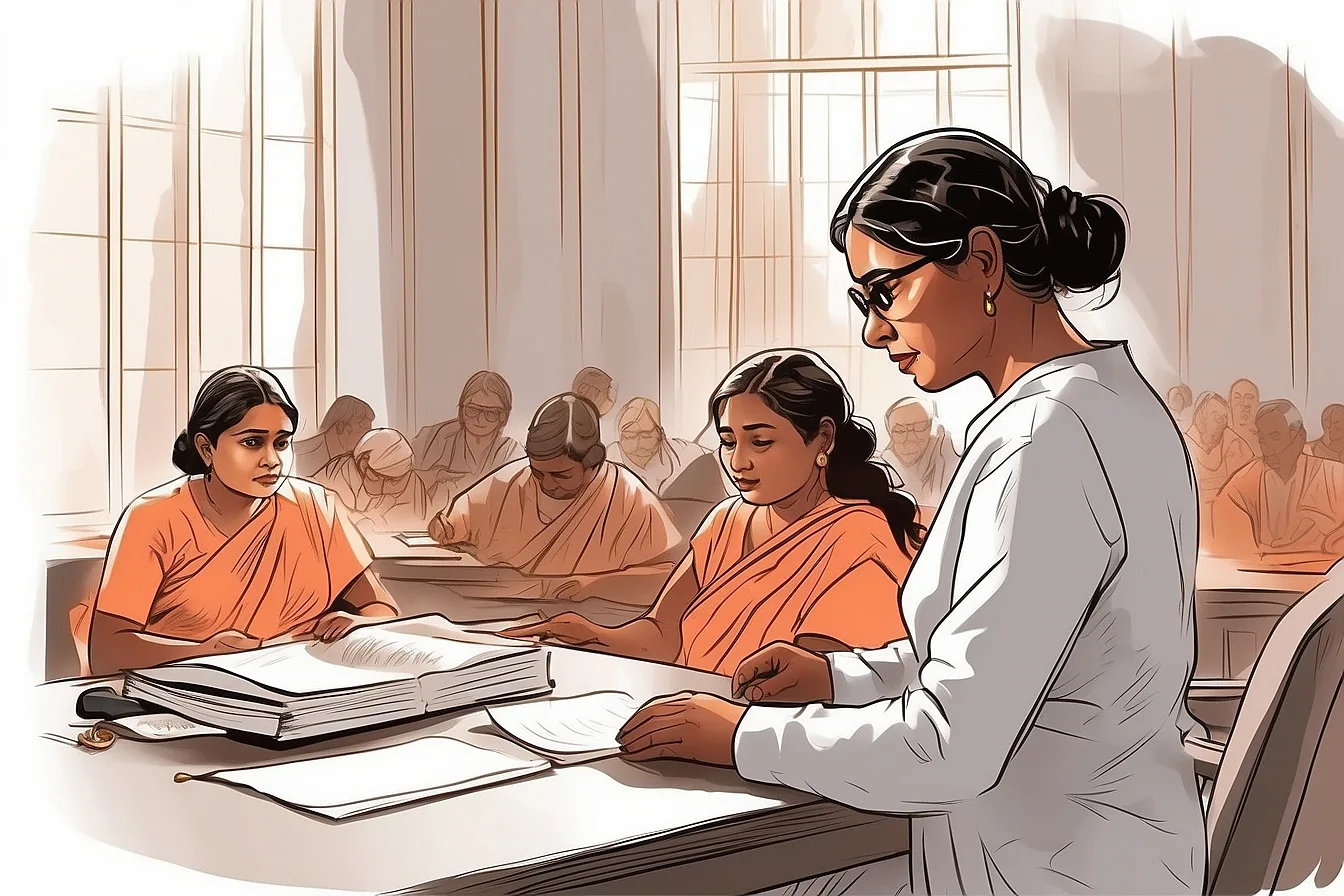In a recent development concerning women prisoners in West Bengal, the Supreme Court was apprised of startling revelations regarding pregnancies within the state’s jails. The Court was informed that 62 births had occurred within Bengal’s prison walls over the past four years. However, contrary to some media reports, it was clarified that most of these pregnancies had commenced prior to the inmates’ incarceration, with many women already expecting at the time of their admission into the correctional facilities.
Amicus curiae Gaurav Agrawal brought these findings to the attention of the Court, shedding light on the circumstances surrounding these pregnancies. According to Agrawal, some women became pregnant during periods of parole, particularly during the Covid-19 pandemic, when they were permitted to reunite with their spouses. This observation underscores the need for a comprehensive security audit of women’s prisons and barracks across the nation.
Recognizing the gravity of the situation, the Court, led by Justice Kohli, accepted Agrawal’s recommendation to bolster scrutiny measures. The existing district-wise committees tasked with evaluating prison conditions were augmented to include the most senior women judicial officer, the senior-most woman police officer, and the superintendent of women’s jails within each district. This decision aims to enhance security measures and ensure the safety and well-being of incarcerated women.
Moreover, the Court ordered the addition of a woman judicial officer to the committee overseeing women prisoners’ safety and conditions in each district of West Bengal. This step, prompted by the Court’s suo motu cognizance of the issue, reflects a proactive approach to addressing the concerns raised. It follows closely on the heels of the Calcutta High Court’s expressed apprehensions regarding prison reforms, further emphasizing the urgency of the matter.
The report submitted by Agrawal underscored the necessity for prison reforms, urging the Court to direct the senior-most lady judicial officer in each district to assess security measures in women’s jails and barracks. The Court, in response, expanded the committee’s mandate to encompass the establishment of new jails and the enhancement of existing facilities, with a specific focus on the needs of women prisoners.
During the proceedings, Senior Advocate Meenakshi Arora, representing the West Bengal government, provided additional insights into the state’s corrective measures. She highlighted the presence of all-women staff in correctional homes, with male personnel only stationed at the periphery and gates. Arora also reassured the bench regarding CCTV surveillance and emphasized the importance of regular health check-ups for women prisoners.
In conclusion, the Supreme Court’s proactive stance, coupled with the recommendations put forth by Agrawal and the responses from the West Bengal government, signals a concerted effort to address the challenges faced by women prisoners. By prioritizing safety, security, and welfare measures, the Court aims to uphold the rights and dignity of incarcerated women across the state.

